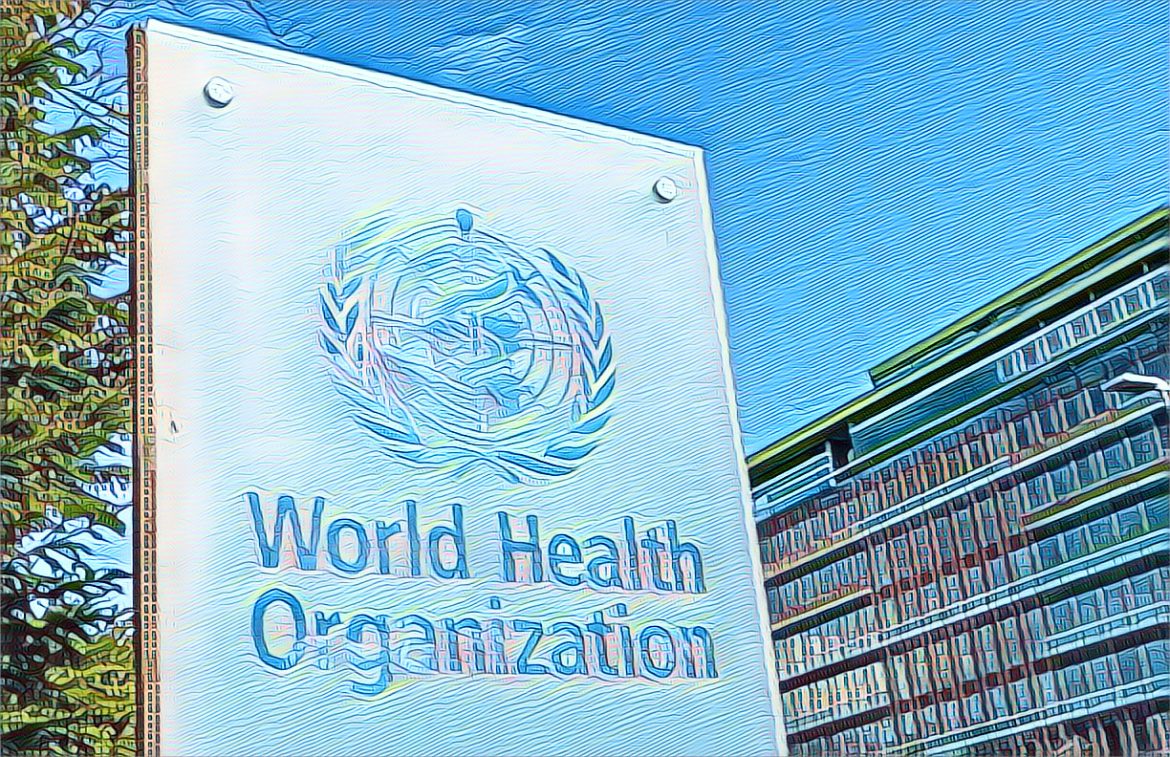Ghana is enhancing its capacity to respond to any health emergency that might occur in the future, with the support of the World Health Organization (WHO) and the Africa Centres for Disease Control and Prevention (Africa CDC).
The two organizations organized a training program for various personnel across the health sector, including animal and environmental experts, to equip them with the skills and knowledge to handle health threats such as outbreaks, natural disasters, and climate change impacts.
The program, dubbed WHO scoping mission, also aimed to identify areas where additional capacities and competencies could be developed in Ghana, as well as to foster collaboration and coordination among different stakeholders.
According to the WHO country representative to Ghana, Professor Francis Kasolo, Ghana was chosen as a model country for health emergency response due to its commendable performance in containing the COVID-19 pandemic and other outbreaks. He said the scoping mission was committed to helping Ghana strengthen its health security further and to share its experience and expertise with other countries in the continent.
“Ghana has so much capacity to share with others, but how sustainable is the capacity?
Ghana must have sustainable capacity across the different sectors to respond to any health emergency that will come, and that capacity should be shared not only with your neighbors but the whole continent,” Prof. Kasolo said.
He added that Africa needed to be prepared for any health emergency by having all the elements in place, such as the ability to detect, confirm, notify, and respond to health threats, as well as to ensure transparency, accountability, and community engagement.
The Director General of the Ghana Health Service, Dr. Patrick Kuma-Aboagye, expressed gratitude for the WHO recognition and support, saying that Ghana hoped to learn more and improve its capacity in terms of health emergency preparedness and response.
He also pointed out that other non-health hazards needed to be addressed in the country, such as road traffic accidents and floods.
The Presidential Advisor on COVID-19, Dr Anarfi Asamoa-Baah, stressed the importance of thinking outside the box and planning for the future, as no two crises were the same. He said Ghana needed to build on its strengths and address its weaknesses to cope with any health challenge.
The Director General of the Noguchi Memorial Institute for Medical Research, Professor Dorothy Yeboah-Manu, said the COVID-19 pandemic had shown that Africa could achieve more than expected when experts within the continent worked together. She said the scoping mission was an opportunity for sharing best practices and learning from each other.
The scoping mission was part of a five-year joint Emergency Preparedness and Response action plan of over US$ 1 billion, developed by WHO and Africa CDC in collaboration with Member States and partners. The plan aims to enhance continental emergency preparedness and response systems, facilitate cross-border coordination, promote information sharing, and provide technical assistance.
The training program was held from March 22 to 24, 2023 in Accra. It involved participants from various ministries, agencies, institutions, and organizations involved in health emergency management in Ghana.
Source: Graphic Online




